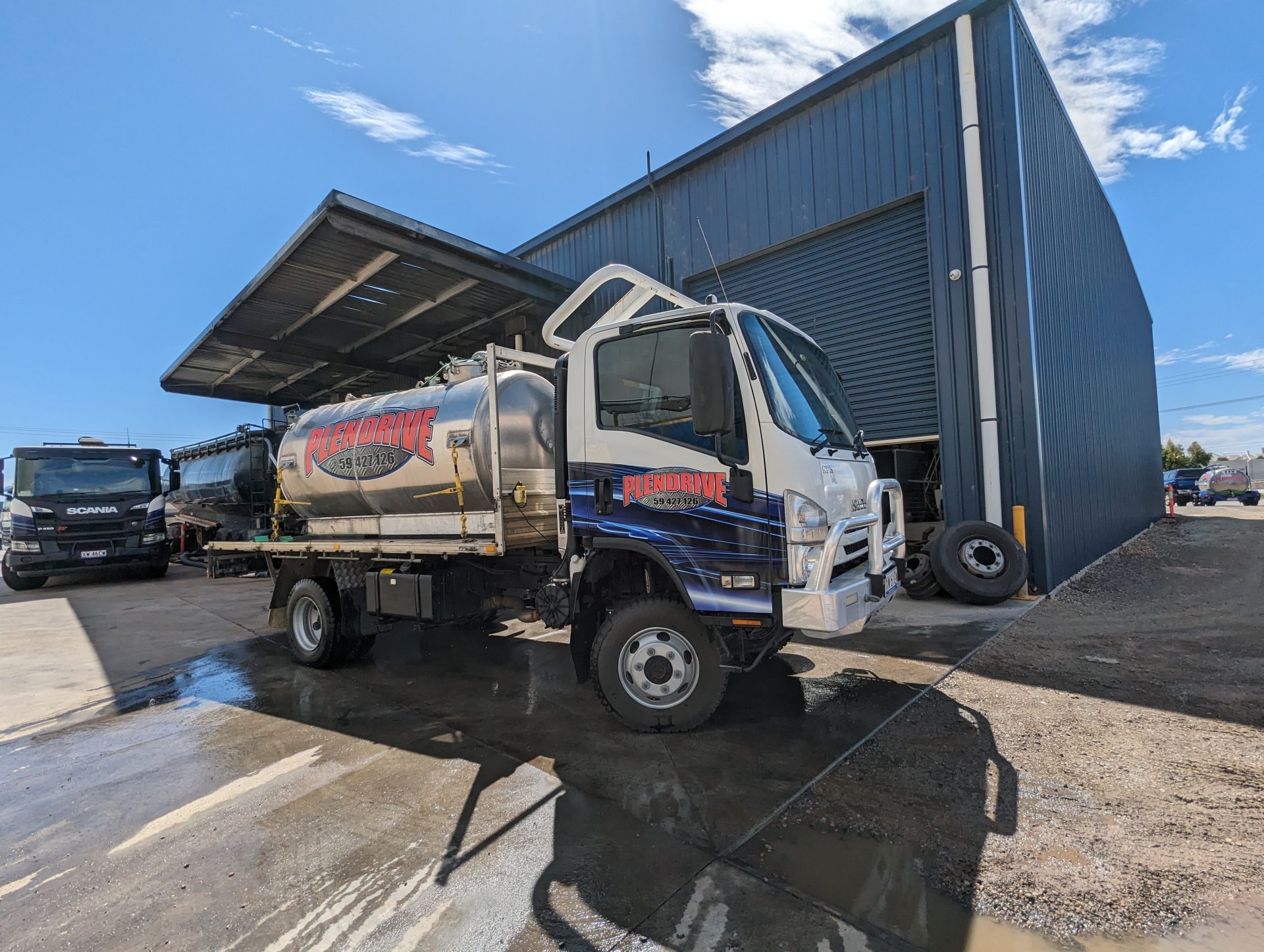- About
- Liquid Waste
-
-
-
-
Other Liquid Waste Services
-
-
- Industrial Cleaning Services
- Industrial Cleaning Services
- Blog
- Contact

Liquid waste is one of the most significant environmental hazards when not managed correctly. Whether from industrial processes, commercial operations, or households, improper disposal of liquid waste can lead to severe environmental, health, and legal consequences. Hazardous liquid waste disposal requires stringent handling procedures to prevent soil contamination, water pollution, and health risks. Without proper disposal, hazardous substances can seep into drinking water, disrupt aquatic ecosystems, and create long-term environmental damage.
Businesses and households that generate liquid waste must prioritise safe and compliant liquid waste disposal to mitigate risks. Understanding these dangers is the first step in ensuring properly managed waste that protects public health, the environment, and the future of our communities.

Liquid waste, particularly hazardous liquid waste, can contain toxic substances such as heavy metals, organic pollutants, and harmful chemicals. When improperly disposed, these pollutants seep into water bodies, contaminate drinking water, and degrade soil quality.
Many hazardous chemicals release toxic fumes that contribute to atmospheric pollution. Businesses involved in industrial processes often generate industrial effluents that release harmful substances into the air. These pollutants can:
Oil spills are one of the most destructive forms of hazardous liquid waste. When liquid waste spills occur, industrial effluents can:
Improper liquid waste disposal not only harms the environment but also presents severe risks to human health. Exposure to hazardous materials and contaminated liquids can result in:
Businesses and industries that handle household liquid waste, hazardous substances, or chemical composition processes must ensure proper disposal to protect public health.
Government regulations enforce strict guidelines for hazardous liquid waste management to prevent environmental contamination and protect future generations. Failing to comply with strict regulations can result in:
To prevent pollution, companies must ensure properly managed liquid waste disposal that aligns with environmental legislation.

Adopting proper disposal methods is crucial to reducing the risks associated with hazardous liquid waste disposal. Some of the best practices include:
Proper liquid waste management involves working with experts who understand hazardous liquid waste disposal and can implement properly managed systems for waste transport and removal.
Handling hazardous liquid waste is not a task that businesses or households should manage alone. Professional liquid waste disposal services provide:
With expert liquid waste management, businesses and households can mitigate the risks of improperly disposed waste while ensuring a safer and healthier environment.
The hidden dangers of hazardous liquid waste disposal cannot be ignored. From soil and water contamination to public health risks, failing to implement proper disposal can lead to irreversible consequences.
Our team specialises in liquid waste disposal, ensuring properly managed solutions that comply with environmental laws. Whether you need hazardous liquid waste management, waste treatment methods, or industrial effluents disposal, we have the expertise to assist you.
Take action today—contact us now for safe, compliant, and environmentally responsible liquid waste disposal services.